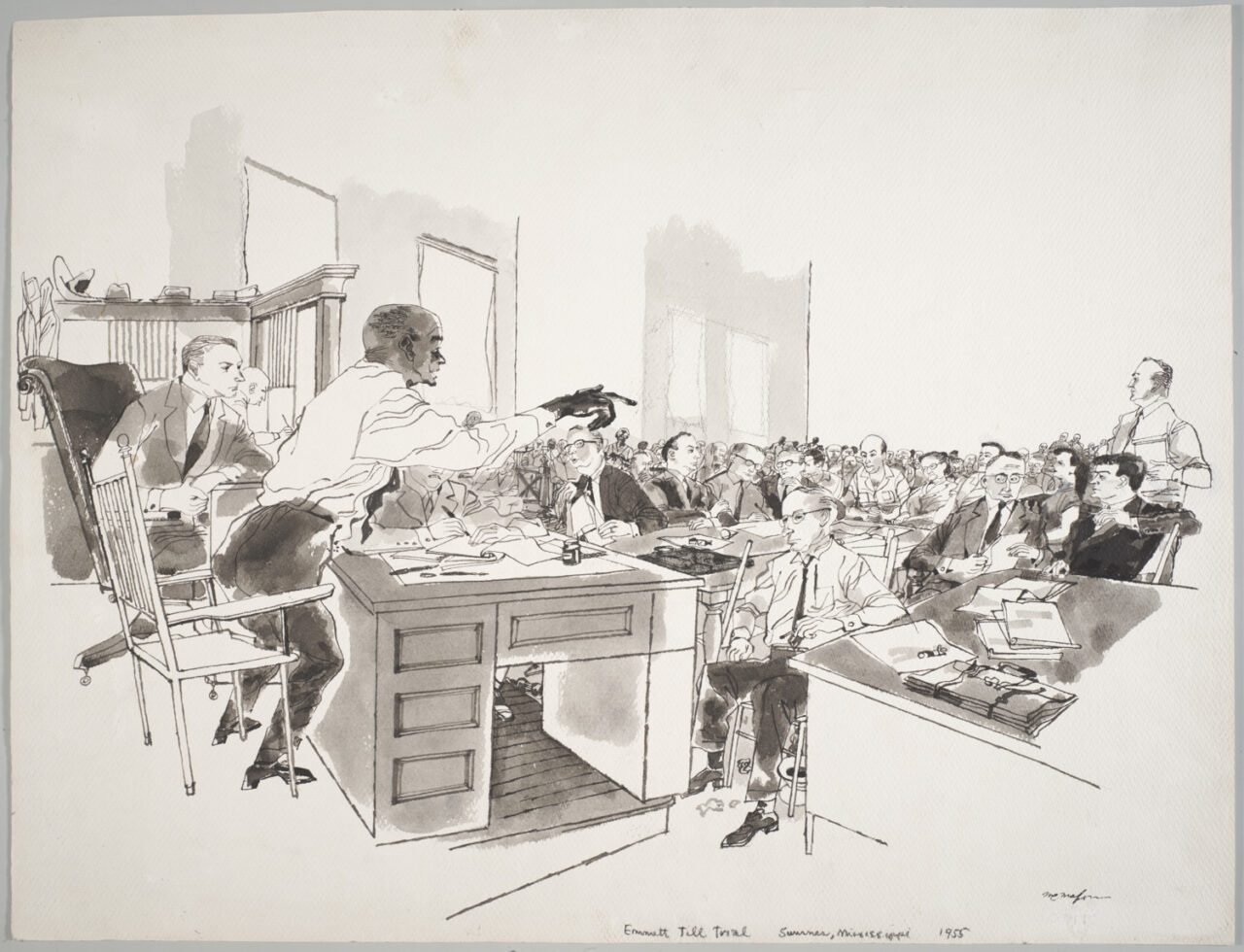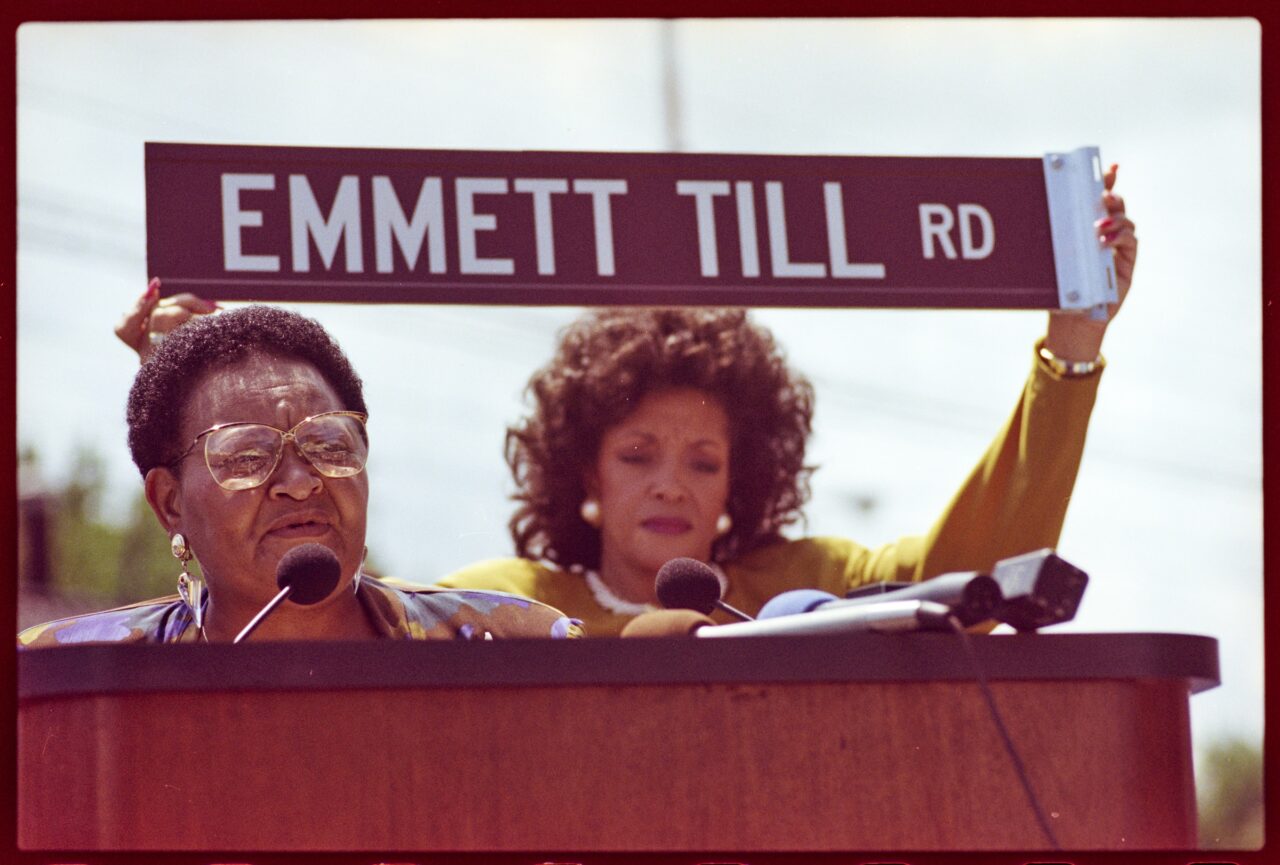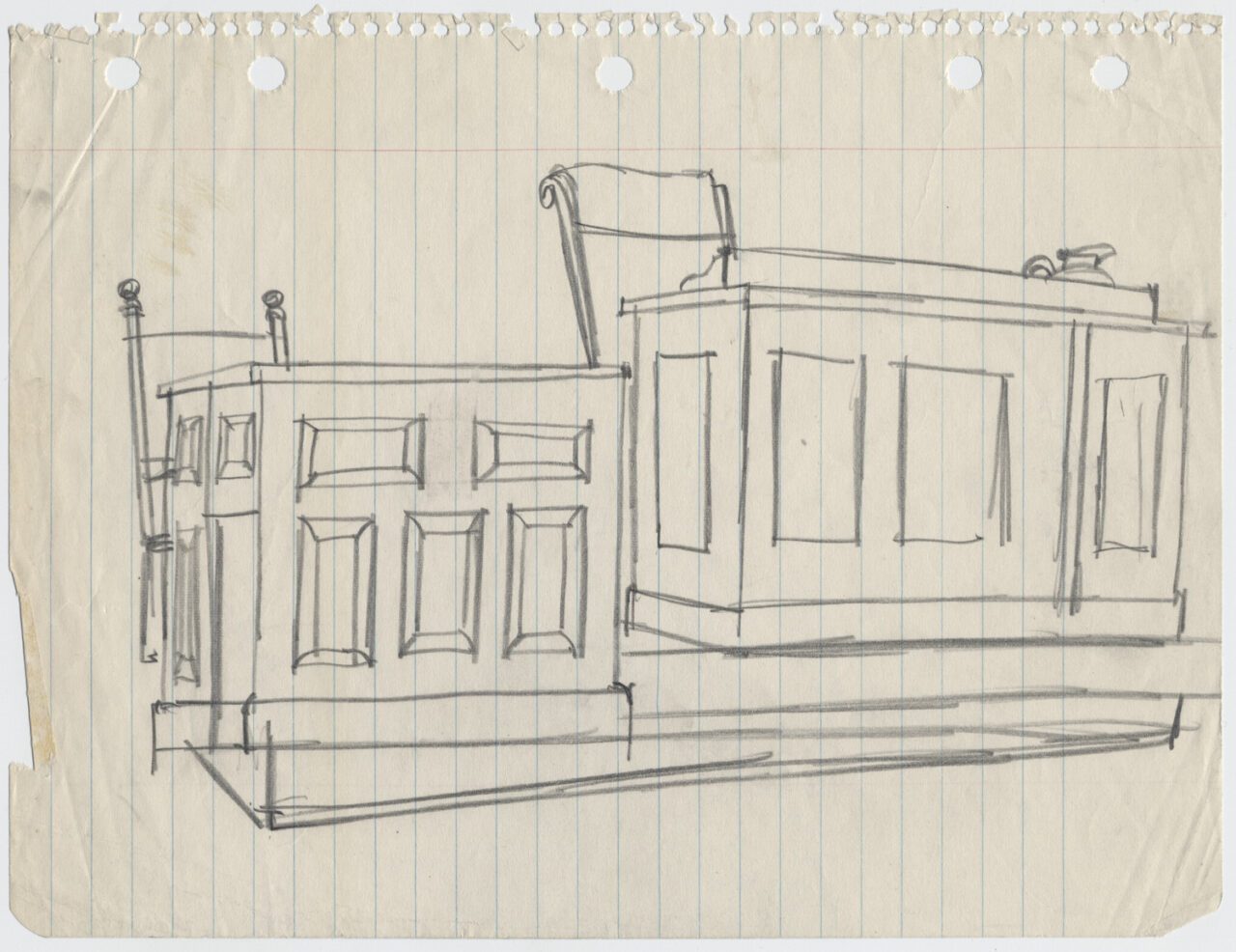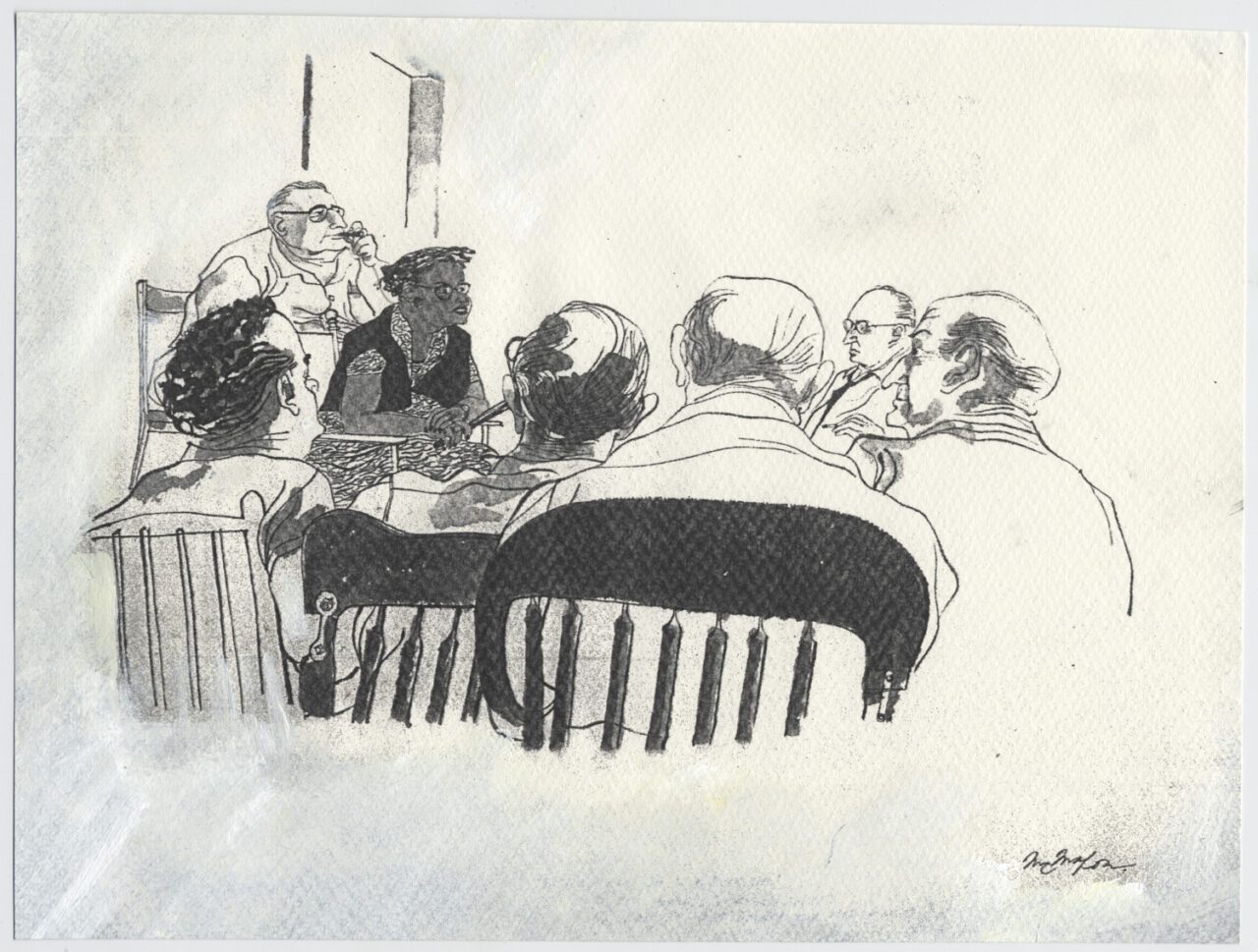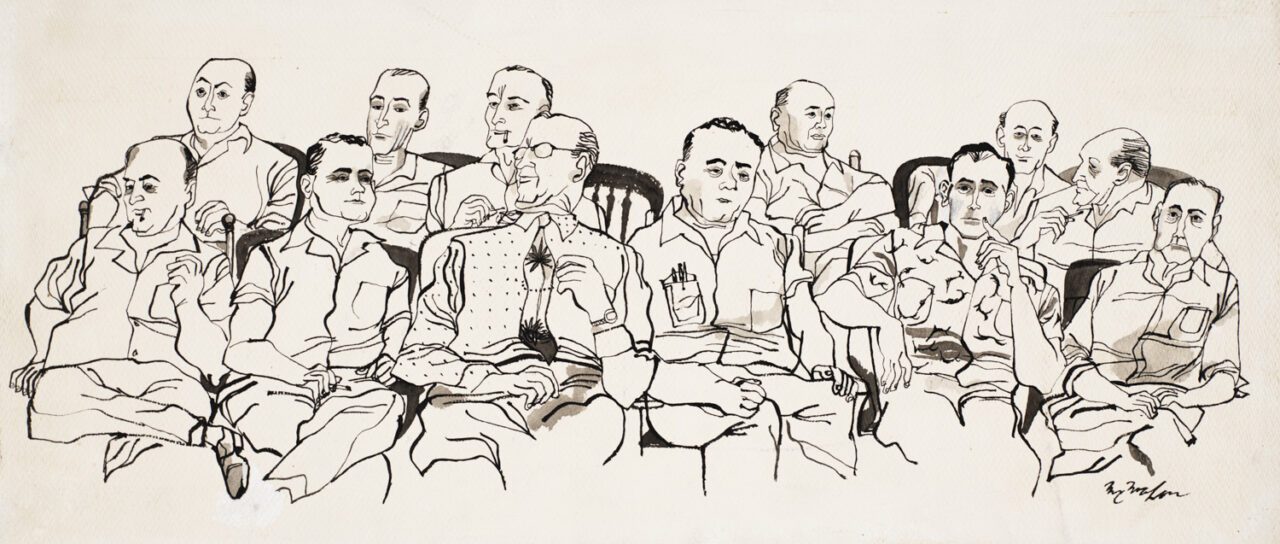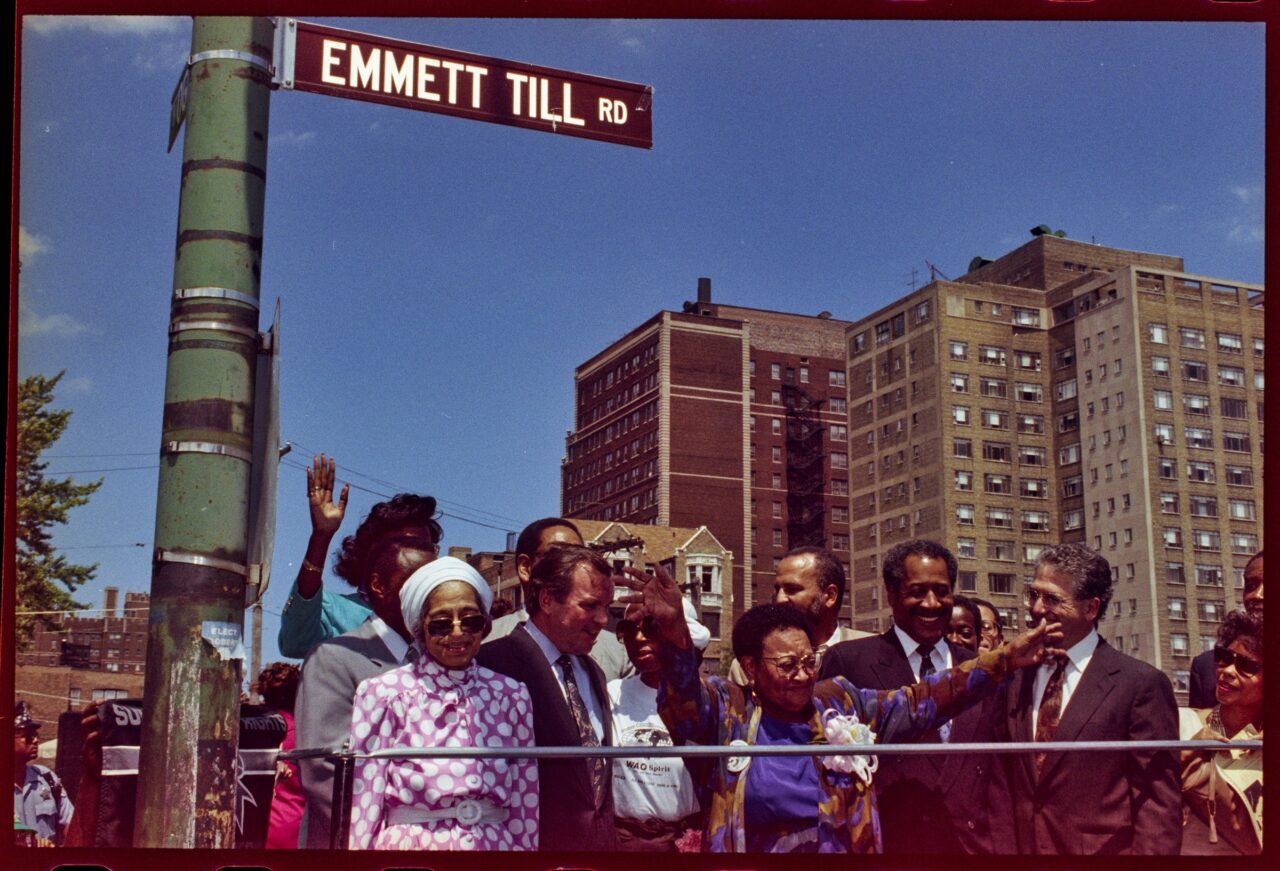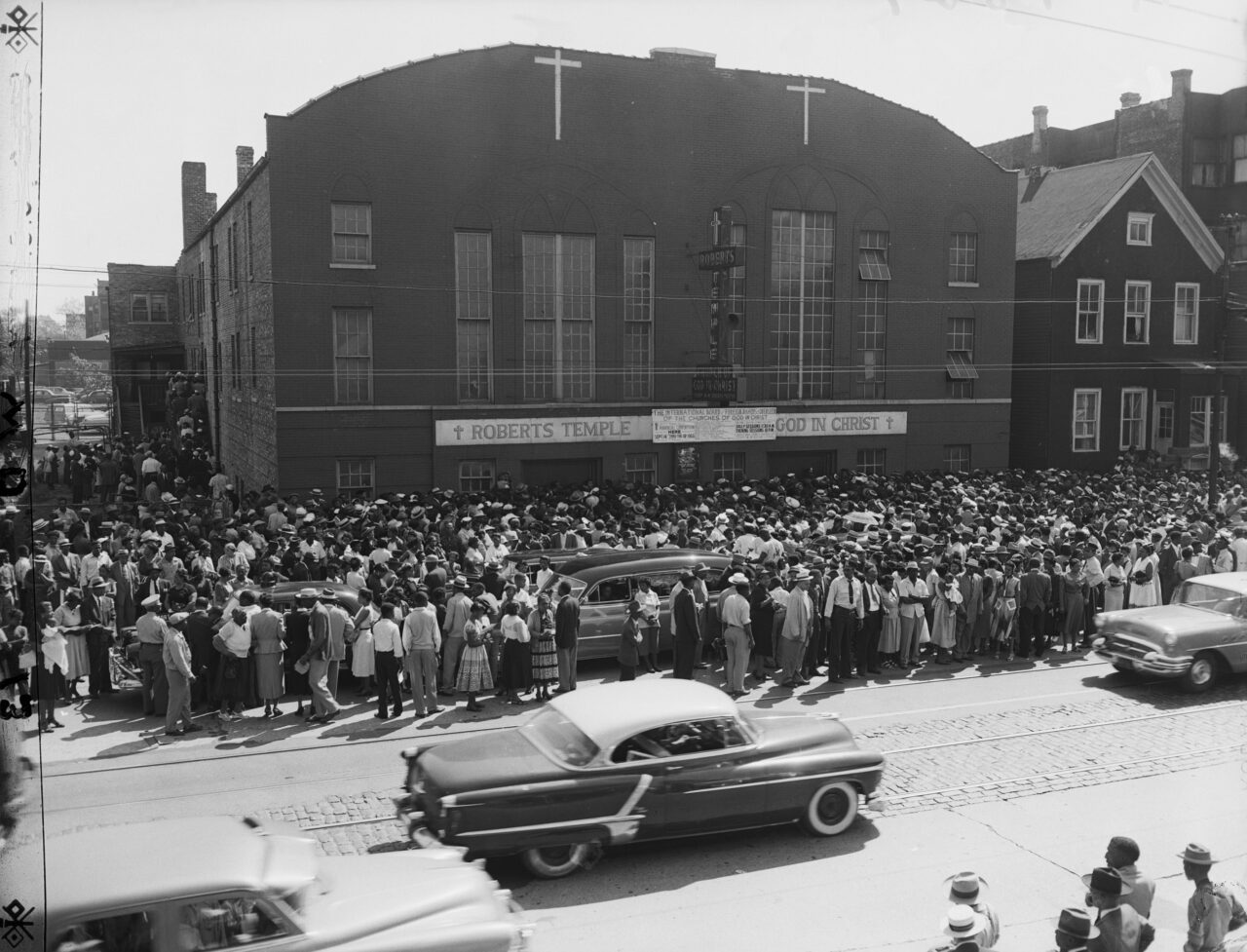“The murder of my son has shown me that what happens to any of us, anywhere in the world, had better be the business of us all.”
—Mamie Till-Mobley
In 1955, the murder of Emmett Till, a Black teenager from Chicago, and the subsequent criminal trial in Tallahatchie County, Mississippi, attracted international attention and sparked the Civil Rights Movement.
Injustice: The Trial for the Murder of Emmett Till begins with photographs of a joyful Emmett in life and of his funeral attended by thousands. The trial proceedings are then shared through courtroom sketches by Franklin McMahon. These drawings give a visual account of a trial that amplified the inequities Black Americans face within the US court system, including a lack of equal protection under the law.
Such injustices were challenged by the courageous actions of Emmett’s mother, Mamie Till-Mobley, and others who boldly stand in the face of racial injustice. This exhibition prompts visitors to consider how Emmett’s legacy continues in those seeking justice for Black lives today.
Note to visitors: This exhibition contains objects, images, and descriptive language depicting anti-Black violence and lynching. What happened to Emmett is a difficult part of US history, and Injustice uses the materials on display and accounts from the time to demonstrate the impacts that systemic racism, inequality, and anti-Blackness can have on Black lives. Please consider your needs and the needs of your group as you move through the gallery.
Related Event
- The Guild Presents | Sketching Emmett Till’s Legacy – Thursday, November 6, 10 a.m.–12 p.m.
Learning Resources
- The Murder of Emmett Till
This PBS documentary details how the murder and the trial of Emmett Till helped mobilize the civil rights movement. - “I Wanted the Whole World to See”: The Murder of Emmett Till
From Facing History & Ourselves, this six-lesson unit delves into the history and legacy of the murder of Emmett Till, considering what we can learn from it as we work to achieve racial justice. - Virtual Talk | Activated Archives: Black Trauma, Identity, and Culture
Part of CHM’s Lovecraft Chicago: History, Horror, & Afrofutures program from 2021, this talk features Christopher Benson, associate professor at Northwestern University’s Medill School of Journalism; Vanessa Hintz, licensed clinical psychologist; and Charles E. Bethea, CHM Andrew W. Mellon Director of Collections and Curatorial Affairs - He Would Have Been 79
In this blog post from 2020, Charles E. Bethea writes a brief account of Emmett’s life and his death as a catalyst for the modern Civil Rights Movement. - “Emmett Till’s Day in Court”
Following CHM’s acquisition of Franklin McMahon’s courtroom drawings, then curator Joy L. Bivins wrote this illustrated essay on Emmett Till and the trial for the fall 2005 issue of Chicago History magazine.
Further Reading
Books on Emmett Till
- A Few Days Full of Trouble: Revelations on the Journey to Justice for My Cousin and Best Friend Emmett Till (Penguin Random House, 2024) by Reverend Wheeler Parker Jr. and Christopher Benson
- Let the People See: The Story of Emmett Till (Oxford University Press, 2018) by Elliott J. Gorn
- Death of Innocence: The Story of the Hate Crime That Changed America (Random House, 2003) by Mamie-Till Mobley and Christopher Benson
- The Barn: The Secret History of a Murder in Mississippi (Penguin Random House, 2024) by Wright Thompson
For younger readers
- Choosing Brave: How Mamie Till-Mobley and Emmett Till Sparked the Civil Rights Movement (Roaring Book Press, 2022) by Angela Joy, illustrated by Janelle Washington
- Emmett Till: Sometimes Good Can Come Out of A Bad Situation (CreateSpace Independent Publishing, 2018) by Katina L. Rankin
- Midnight without a Moon (Clarion Books, 2017) by Linda Williams Jackson
- A Wreath for Emmett Till (Clarion Books, 2009) by Marilyn Nelson, illustrated by Philippe Lardy
Books on lynching history
- On Lynchings (reprint Rowman & Littlefield, 2022) by Ida B. Wells-Barnett
- Caste: The Origins of Our Discontents (Random House, 2020) by Isabel Wilkerson
- Stamped from the Beginning: The Definitive History of Racist Ideas in America (Bold Type Books, 2017) by Ibram X. Kendi
Curators and Advisors
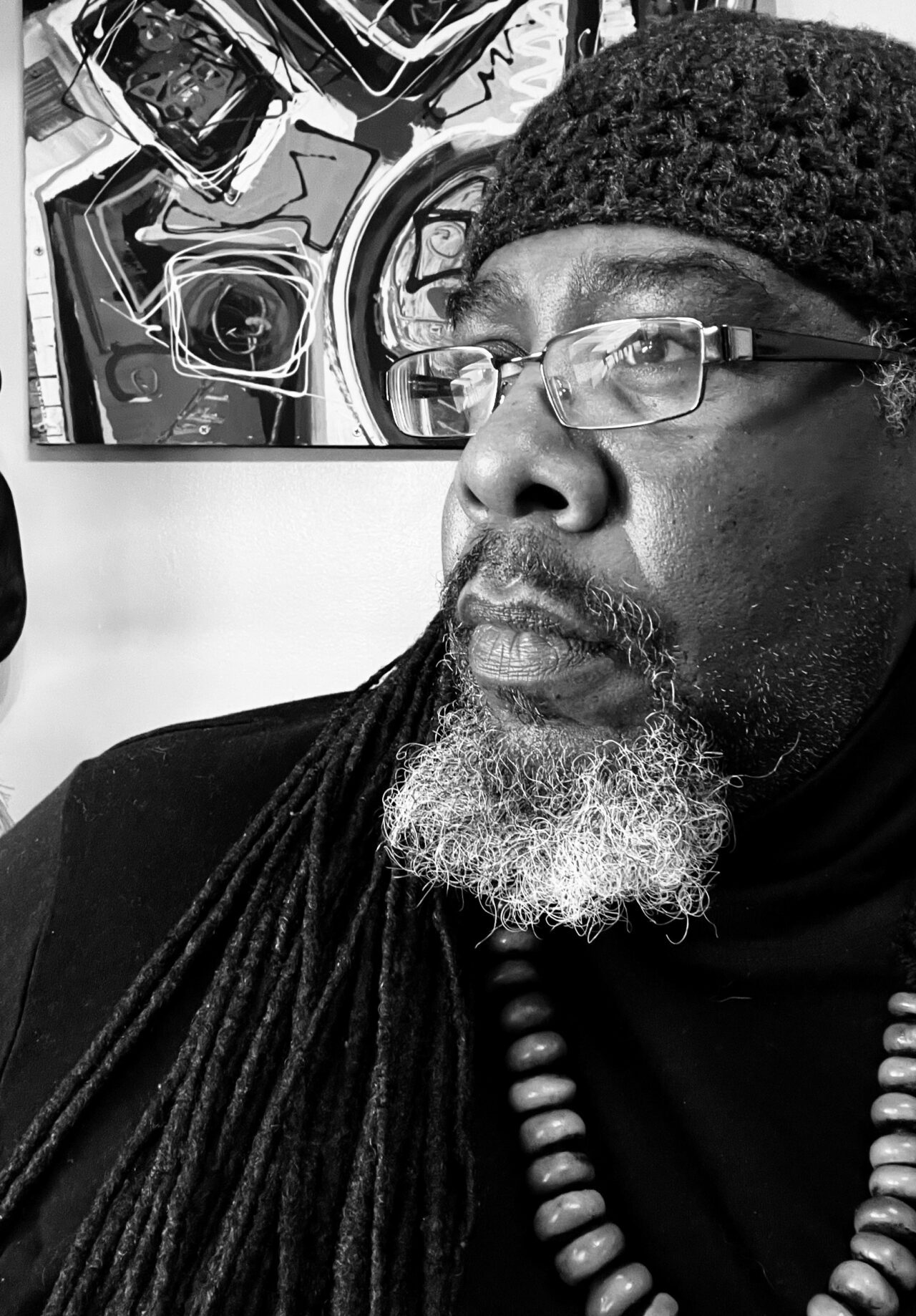
Charles E. Bethea is responsible for overseeing all curatorial activities, provides an overall curatorial vision and direction, and prioritizes all work in the department. In addition, he provides direction for the Museum’s collecting agenda including new acquisitions and deaccessions and the development of new exhibitions.
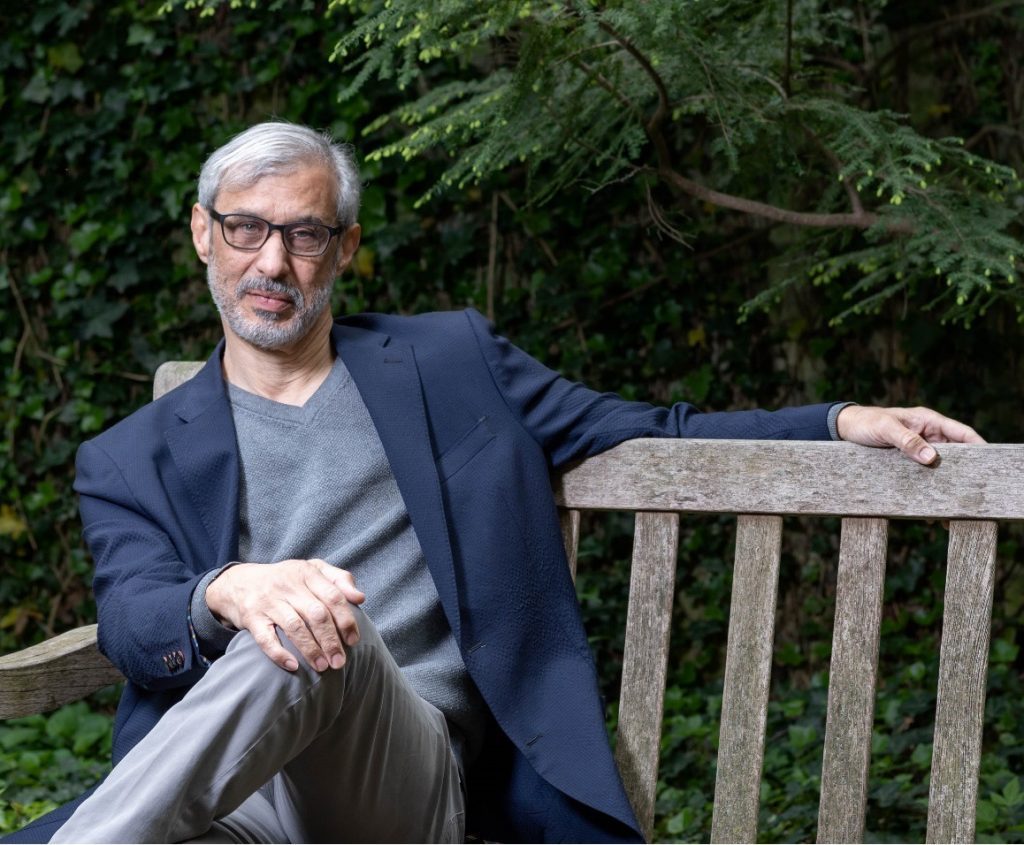
Emmy Award–winning lawyer, journalist, and associate professor at Northwestern University’s Medill School of Journalism—co-authored both, A Few Days Full of Trouble with Rev. Parker and the Pulitzer Prize–nominated, Robert F. Kennedy Award–winning Death of Innocence with Mamie Till-Mobley. Benson currently serves on the board of directors of the non-profit Emmett Till and Mamie Till-Mobley Institute.
